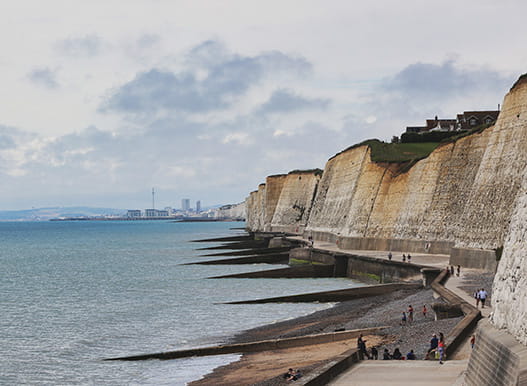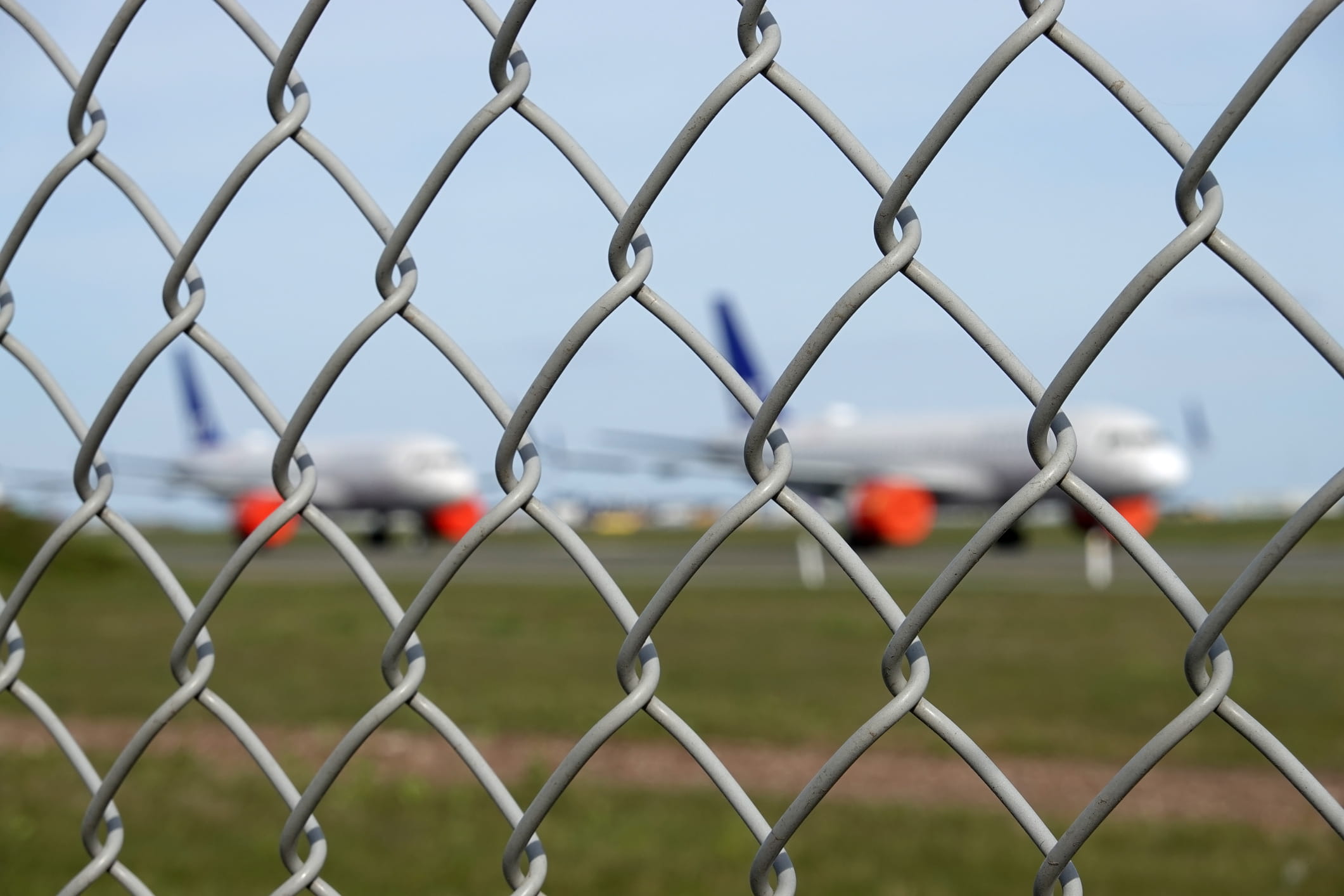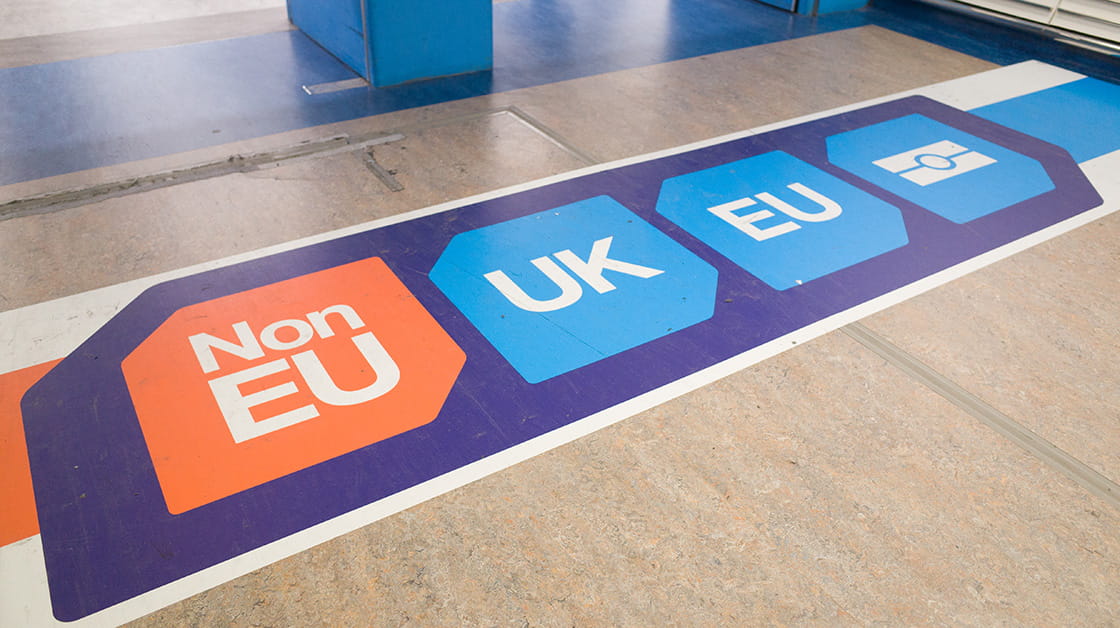Immigration
As your professional body, defending the rule of law and championing your interests are at the core of our work. Explore guidance and resources designed to help immigration practitioners keep to date with the fast-changing legal landscape.
All resources
- England and Wales as an open jurisdiction to European and foreign lawyers after Brexit05 Aug 2025
- Exceptional case funding – guidance for solicitors10 Oct 2019
- Legal aid for pro bono clinics28 Jan 2025
- Travelling to the EU on business after Brexit05 Aug 2025
- Victims of modern slavery – guidance for solicitors30 Apr 2020
- Reframing justice – our research02 May 2025
- Immigration appeals07 Dec 2017
- Immigration judicial review02 Jan 2020
- Statutory defences available to asylum seekers charged with document offences03 Aug 2023
- Border Security, Asylum and Immigration Bill19 Mar 2025
- Convention for the Protection of the Profession of Lawyer18 Jul 2025
- Illegal Migration Act28 Jan 2025
- Nationality and Borders Act30 May 2025
- Rwanda asylum partnership12 Dec 2023
- Simplification of the immigration rules whats changing01 Feb 2021
The Law Society is the independent professional body for solicitors. Our vision is to promote, protect and support solicitors, the rule of law and justice in England and Wales.
Maximise your membership
My LS gives you access to the latest news, events, books and resources to help you excel within your practice.
Accreditations
Immigration and Asylum Law Accreditation
Our Immigration and Asylum Law Accreditation is a recognised quality standard for practitioners providing advice under a legal aid contract.
Accreditations
Tier 5 GAE Scheme
If your firm wants to bring workers into the UK on a temporary basis it will need to join the Tier 5 Government Authorised Exchange (GAE) Scheme.




